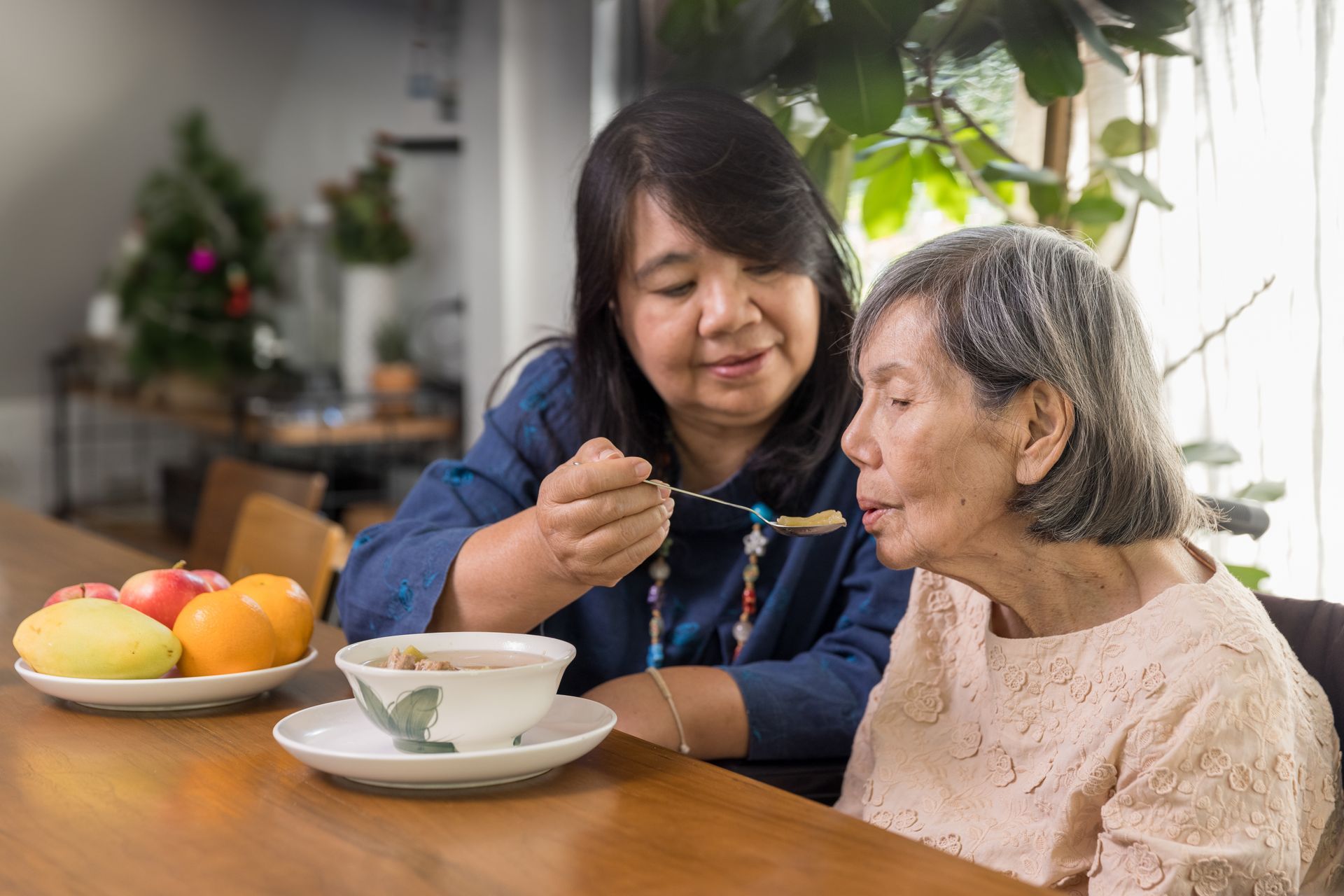Caregiver vs Caretaker: Understanding the Differences
Being a caregiver or caretaker is a critical job requiring patience, understanding, and dedication. But what exactly are the differences between these two roles?
While these two phrases tend to be used in similar contexts, they have key differences.

What is Caregiving?
Caregiving is a term used to describe providing physical and emotional support for someone who needs assistance with their daily activities. A caregiver may help with everyday tasks like paying bills, grocery shopping or getting dressed in the morning. They may also be responsible for more advanced medical duties such as assisting with medication, helping with physical therapy and offering emotional support and comfort during times of distress. Caregivers can come in the form of trained family members, professional caregivers or trained volunteer workers.
What is a Caretaker?
A caretaker, on the other hand, is someone who looks after the physical aspects of a property or location, such as maintenance and repairs. This job type often involves gardening, cleaning, and security. Caretakers may also be responsible for taking care of animals.
At the end of the day, both caregivers and caretakers play important roles in helping to provide care and support for those who need it most. However, key differences between the two roles must be considered when deciding which one is best suited for a particular situation, especially when it comes to caring for our senior loved ones.

Understanding What Services Caregivers Offer
Caregivers provide a number of services to individuals who can no longer perform basic activities of daily living. This can be due to age, illness, medical condition or disability. Professional caregivers and training family caregivers can assist with activities, including:
- Bathing/showering
- Dressing
- Grooming and other personal care needs
- Eating and nutrition
- Toileting
- Mobility and transfers
- Laundry/housekeeping
- Medication reminders
- Shopping and errands
- Companionship and socialization
- Transportation to doctor's appointments
Benefits Caregivers Offer
Caregivers are usually trained to provide both physical and emotional support, as well as skills that are essential for providing safe and effective care. The benefits are both for family members of loved ones and for the individual who needs care. Some of the benefits that caregivers offer include:
- Reduced stress and anxiety for both family members and those receiving care
- Improved quality of life through companionship, comfort, support and structure
- Increased safety of your elderly loved one due to constant supervision
- Support with activities of daily living that are no longer manageable on their own
- Emotional support for family members involved in the care process as well as for the individual receiving care
- Peace of mind that caregivers can provide due to their specialized training and experience in caring for elderly individuals.
Overall, a professional or family caregiver provides invaluable support for those who need it most. They are trained to provide efficient and compassionate care while understanding the unique needs of each individual they serve. With their help, many seniors can enjoy a higher quality of life with increased safety and security in their own home or living facility.
When Should You Seek Help From a Caregiver?
Whether you decide to hire a professional caregiver or have a training family member provide the care, it's important to know when it's time to seek help. If you or your elderly loved one are experiencing any of the following symptoms or situations, then it may be time to consider professional care:
- Inability to complete activities of daily living without assistance
- Isolation and loneliness
- Chronic illness or the need for medical care at home
- Inadequate nutrition
- Unsafe home environment
- Preparing meals or cooking is no longer possible
As a family caregiver or to other family members that maybe struggling to help support a senior loved one, it is important to remember that seeking help from a professional or trained family caregiver can provide much needed support and care. Consider the benefits of having someone who can offer specialized skills, knowledge and compassion when providing care daily. With their help, you can be sure that your elderly loved one is receiving the highest quality of care in a safe and secure environment.
While caregiver vs caretaker job role vary greatly, it's ultimately up to the individual and/or family members to decide on whether professional or family care is best. In doing so, consider the special needs of your elderly loved one as well as their physical and mental state when deciding which type of care is most appropriate in any given situation.
Frequently Asked Questions
Searching for Caregivers near me? If you have a loved one looking for qualified care and don't know where to start, contact Chanda Care today. Chanda Care offers home care throughout Western Massachusetts and is committed to helping families find a caregiver who best meets their needs. We will work with you to ensure your loved one gets the right care, at the right time. Contact us today for more information or to schedule an appointment.
Services

